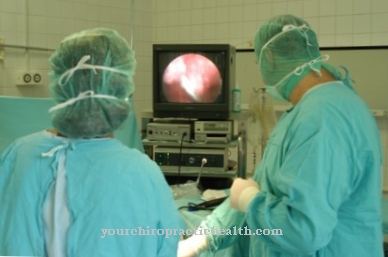Abdominal pain can occur in both sexes. However, abdominal pain in women can indicate different illnesses than in men. Abdominal pain in women occurs more frequently in connection with menstrual cramps.
What is abdominal pain?

Pain in the lower abdomen is referred to as abdominal pain. They are to be distinguished from abdominal pain and stomach pain. They can be one-sided or affect the entire abdomen and have different causes - therefore they are not an independent disease, but a symptom.
Abdominal pain can be spasmodic and cause quite severe pain, which is the most common form. Occasionally, however, they are also light and then usually indicate a harmless state of health.
In men, the pain in the lower abdomen is more indicative of inflammation of the prostate. But also cross-gender diseases or health disorders can be responsible for the abdominal pain.
causes
Women are familiar with abdominal pain that occurs once a month and accompanies or even precedes the menstrual period. A few days before the start of menstruation, abdominal pain sets in, which can be very mild but also become very severe. In severe cases, they make women unable to work for one or more days as they are accompanied by nausea, vomiting and circulatory problems.
Abdominal pain is caused by the hormones that circulate during menstruation. Severe abdominal pain also occurs with appendicitis, which is always an emergency and must be treated. However, they develop slowly at first and turn from unspecific stomach pain to abdominal pain that occurs on the right side - unless the organs are arranged in a mirror-inverted manner, which is rare, but still occasionally occurs.
Unilateral, severe pain is therefore a case for the emergency room. Mild to moderate abdominal pain accompanying gastrointestinal problems, for example, is less significant. They can indicate the onset of diarrhea, but they can also represent constipation. As a rule, these abdominal pain will resolve on its own as soon as the gastrointestinal problems are over or you have been to the toilet.
You can find your medication here
➔ Medicines for painDiseases with this symptom
- Menstrual pain
- Prostatitis
- Endometriosis
- Uterus subsidence
- Inflammation of the testicles
- Diverticulitis
- Appendicitis
- Crohn's disease
- Ovarian cyst
- Fallopian tube inflammation
- Epididymitis
- Mesenteric infarction
- Inguinal hernia
- Pelvic inflammation
- Ectopic pregnancy
- Chronic Pelvic Pain Syndrome
- Testicular torsion
- Intestinal obstruction
Complications
Pain in the lower abdomen can indicate an inflammation of the fallopian tubes. The fallopian tube can stick and as a result there can be sterility and a tendency towards ectopic pregnancies. The inflammation can spread to the abdominal cavity. The abdominal pain becomes worse and an emergency operation may be necessary.
Abdominal pain can be related to ovarian cysts. The cysts may twist, cutting off blood supply to the ovary. Emergency surgery is also necessary here. Abdominal pain can be associated with something called endometriosis. This prevents ovulation on the ovary. As a result, fertility decreases.
In connection with abdominal pain, the kidney pelvis and kidney can become inflamed, and kidney stones can also form. The prostate can become inflamed. Abscesses can form that must be surgically removed. The appendix can also become inflamed. If the inflammation is not treated, the abdominal cavity can become infected. The groin can break. Since the hernial sac can be pinched between the muscles, an operation should be performed immediately.
When should you go to the doctor?
Abdominal pain is always uncomfortable. However, a doctor's visit is rarely necessary. A distinction must be made in each individual case whether a visit to the doctor is necessary. For this purpose, all circumstances of the individual case should be determined and weighed against each other. The following factors must be taken into account as part of the assessment: type, duration and intensity of the abdominal pain, accompanying symptoms, possibly existing pre-existing diseases and the possible causes. In general, it is advisable to visit a doctor when in doubt. Because the earlier medical treatment is initiated, the greater the chances of success.
Women keep having abdominal pain when they have their periods. The symptoms associated with this can be severe. However, a visit to the doctor does not have to be mandatory. Rather, it is advisable to wait a few days and observe the pain. In the case of particularly intense abdominal pain, however, you should not hesitate. This also applies if other symptoms occur in addition to abdominal pain that suggest a serious illness.
In the case of mild to moderate complaints, the doctor should first be consulted. This can confirm or defuse existing levels of suspicion. If necessary, he will be referred to a specialist. For women, a referral to a gynecologist is the most important option. For men, it can be helpful to contact a urologist.
Doctors & therapists in your area
Treatment & Therapy
Abdominal pain from menstruation is easy to treat in most cases. Affected women need a simple, freely available pain reliever such as ibuprofen or paracetamol, and the pain should subside soon. If that doesn't help, women should get a higher dose from their doctor.
Only in very few cases is the abdominal pain so severe that it can no longer be treated with common painkillers and has to be suppressed by the pill - in extremely rare cases a hysterectomy has to be performed to provide relief.
Abdominal pain is also surgically terminated if it is appendicitis: the affected organ must be surgically removed, otherwise it can burst and cause life-threatening sepsis.
Abdominal pain caused by gastrointestinal complaints, on the other hand, is harmless and is often left untreated, as the gastrointestinal problems also go away on their own.
Outlook & forecast
Abdominal pain develops depending on its cause. In women of fertile age, they often have an easily identifiable cause: menstrual bleeding and the symptoms that go with it. Abdominal pain in young girls is normal and is part of the body's process of adapting to adult life. Most of the time they get better towards the end of puberty or even go away completely.
If the abdominal pain remains difficult to bear during the period even in adulthood, it is possible to use the birth control pill to achieve a long-term cycle. This means that the abdominal pain occurs less often.
Abdominal pain that started as a central abdominal pain and then moved downwards, on the other hand, indicates a problem in the appendix. If the complaints are mild, they may be harmless digestive problems. They get better after some exercise or using the bathroom. However, if this does not help or if the abdominal pain gets worse, it will not go away on its own.
If appendicitis is actually present, it will get worse and worse and eventually damage the walls of the inflamed appendix. This means that it can break through and inflamed fluid can spread throughout the abdomen. The result would be severe, possibly life-threatening sepsis (blood poisoning). If the appendix is removed in good time, the abdominal pain will improve soon after the operation and there is no longer any danger.
You can find your medication here
➔ Medicines for painprevention
If the woman knows that she usually experiences abdominal pain during her menstrual period, she should start preventing the abdominal pain early. If she notices the abdominal pain the evening before, it can help to take a pain pill immediately so that the pain does not become so severe the following morning or at least can be treated quickly. However, this should only be done in consultation with the gynecologist.
To prevent gastrointestinal complaints that lead to abdominal pain, one should try to eat a healthy diet that contains a lot of fiber and fresh ingredients, but only a little fat in moderation. Regular jogging, gymnastics and yoga can also have a preventive effect. The abdominal pain will occur less often because the digestive activity is regulated.
However, appendicitis is a cause of abdominal pain that cannot be prevented. Some people never have problems, others have problems with unknown causes.
You can do that yourself
Abdominal pain can have various causes and should therefore always be clarified by a doctor. In addition to medical treatment, the symptoms can be alleviated with a range of home remedies and measures.
Mild cramps can usually be relieved with sufficient exercise and fluids. Bed rest and relaxation are also recommended. A good night's sleep is the most effective remedy for regular abdominal pain. Heat applications with cherry stone pillows or hot water bottles help with particularly intense pain. A hot bath can be taken to relax muscles and nerves. In connection with relaxation-promoting oils such as lavender, rosemary and chamomile, a quick relief of pain can be achieved. On the other hand, the cold should be avoided until the symptoms have subsided.
If the pain is mild, a stomach massage with essential oils such as rosemary or chamomile can help instead. Otherwise, we recommend light foods and a diet rich in minerals and vitamins. Various herbal teas also have a pain-relieving effect and primarily help against possible accompanying symptoms such as diarrhea and vomiting. Cold and acidic beverages such as coffee or alcohol should be avoided until the abdominal pain has subsided. Alternative remedies include aloe vera and fennel, as well as yoga and breathing exercises and meditation.


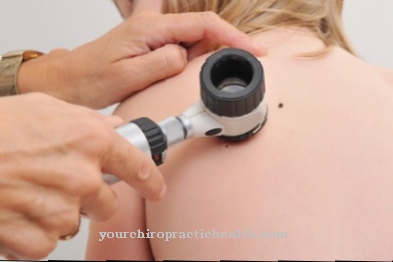


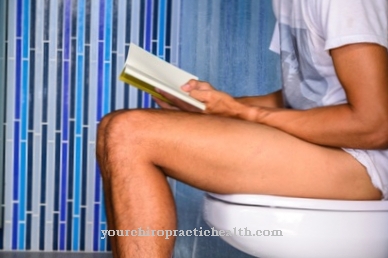


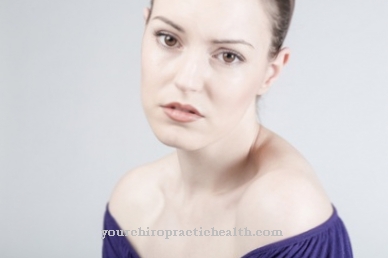
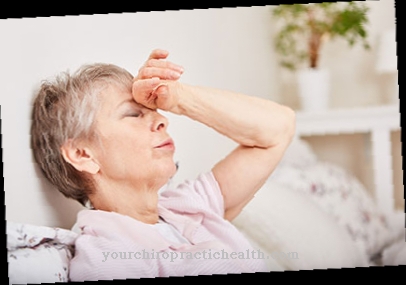


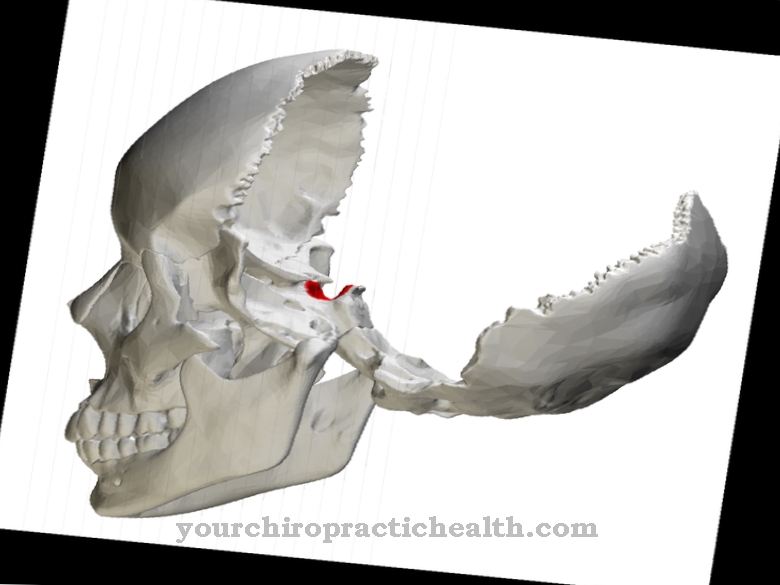
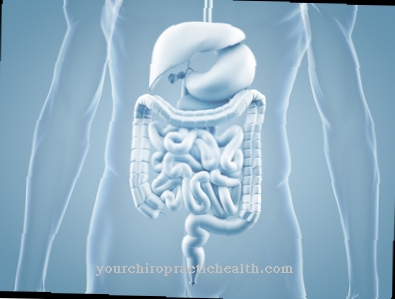

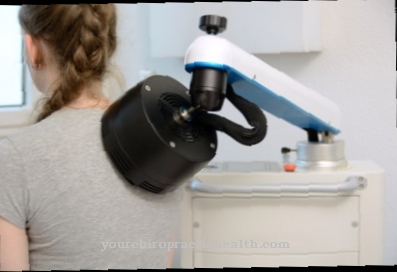
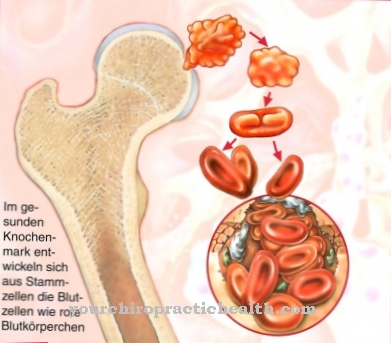


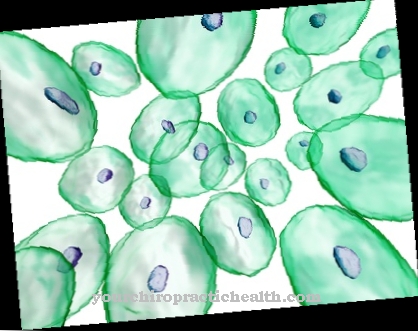
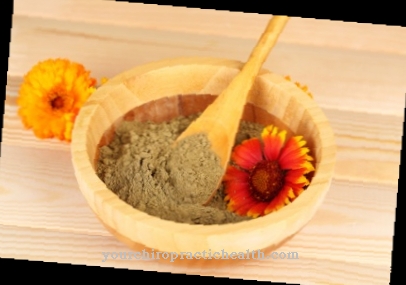
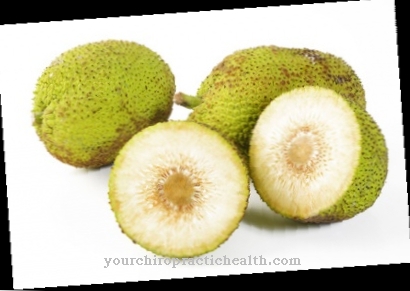
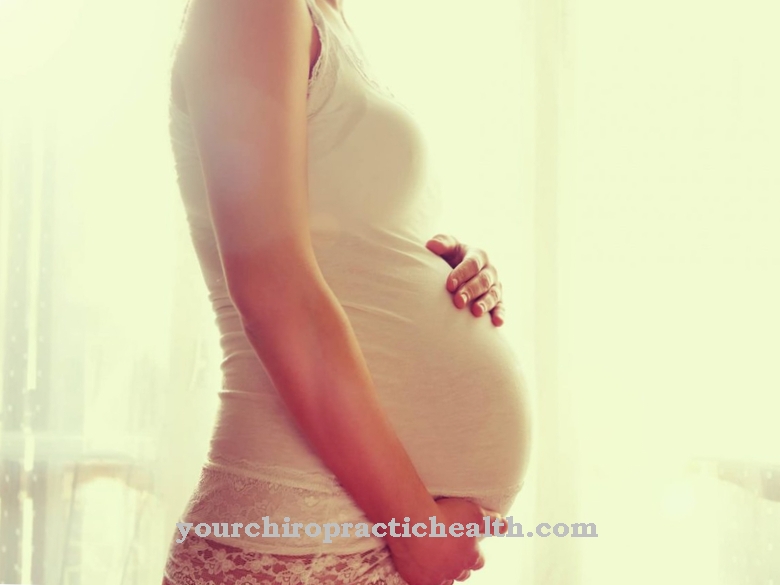
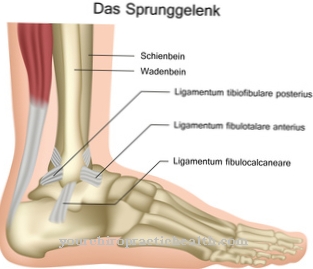

.jpg)

.jpg)
